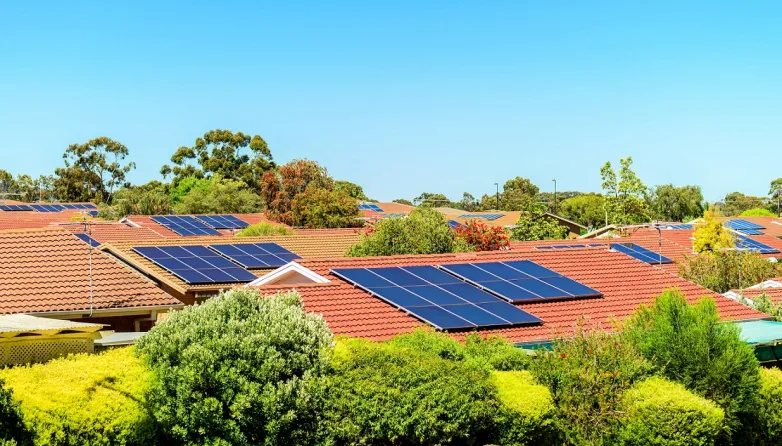Australia's Victoria promotes rooftop solar as part of gas substitution roadmap
- The Australian state of Victoria is promoting the uptake of rooftop solar as part of a new approach focused on minimizing gas use and also decreasing household power bills.

Designed to equip Victorian households and services to accept sustainable alternatives to fossil gas, the gas substitution roadmap lays out just how the state will utilize energy efficiency, electrification, hydrogen as well as biomethane to drive down bills and also cut carbon emissions.
"Clean energy produced by household solar panels integrated with modern-day, energy-efficient electrical appliances is now the most cost-efficient method to cozy Victorian homes in winter season, cool them in summer and also power our households throughout the year," the state's power preacher Lily D'Ambrosio wrote in the roadmap.
The technique stated decarbonising the gas market needs immediate investment in the existing innovations that are offered now-- power effectiveness and sustainable electricity-- and also in the new technologies that can play an increasingly larger function in the future, such as hydrogen and biomethane.
As part of an increased energy upgrades programme, there will certainly be new incentives to sustain individuals to increase self-consumption of rooftop solar systems as well as change gas appliances with electric alternatives.
According to the state government, an all-electric new home with solar panels can have electricity bills as reduced as AU$ 850 a year (US$ 583), which can drop even further if a battery is mounted. This is substantially less than the average annual energy bill of AU$ 2,660 for a new home with gas and also electricity.
"Gas is no more the affordable gas it as soon as was-- we understand renewables are the most affordable type of energy and we're making it much easier for Victorian households and businesses to go all electric with more option as well as even more support," D'Ambrosio stated in a statement.
Victoria is intending to cut in half emissions by 2030 before transitioning to a net zero economic situation by 2050. The state's gas sector presently adds around 17% of its net greenhouse gas emissions.
The state's Solar Homes programme needs to day aided greater than 200,000 Victorians set up solar systems.
Also read

